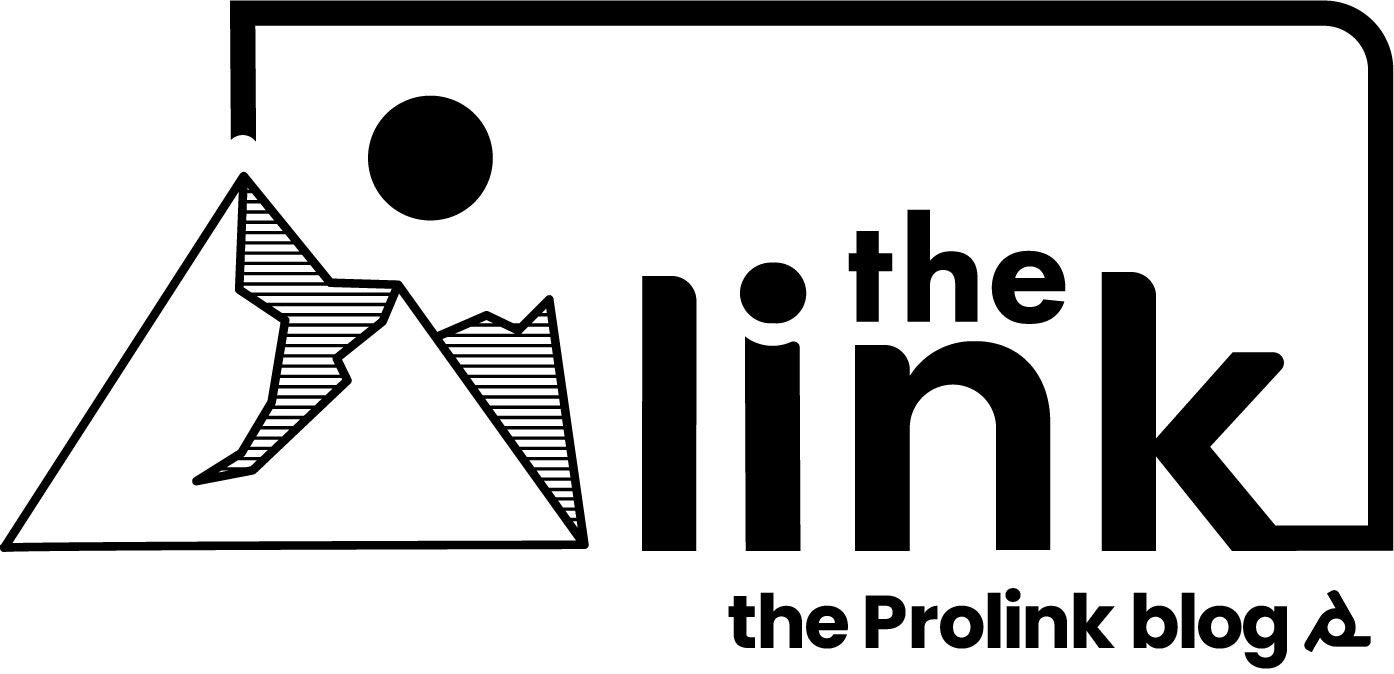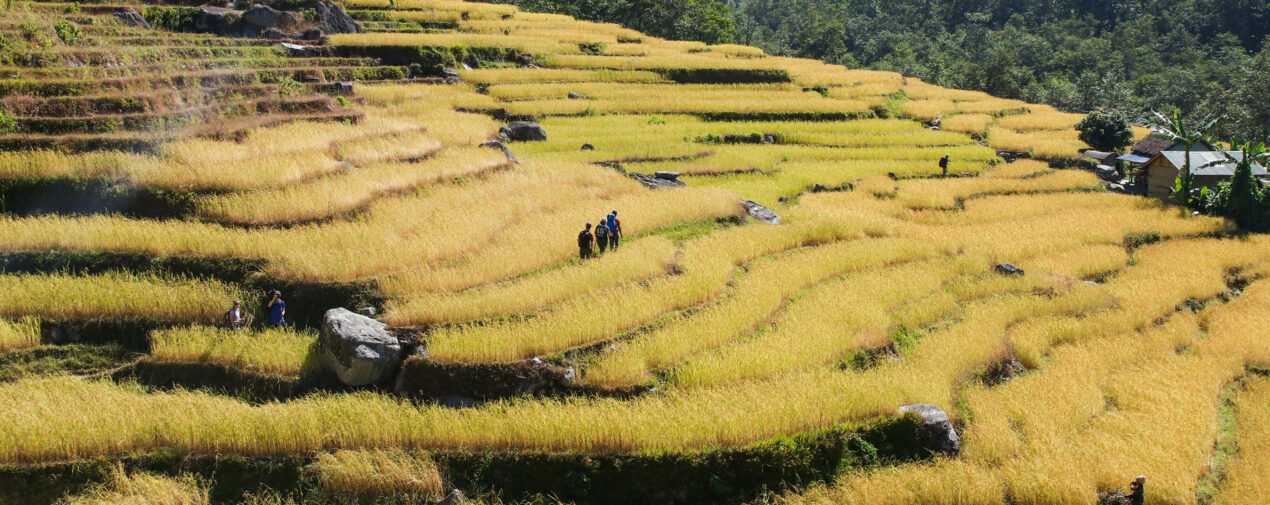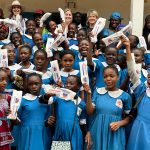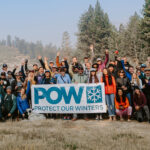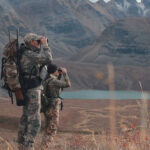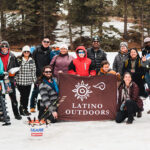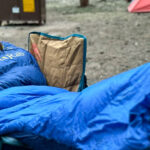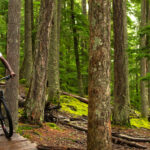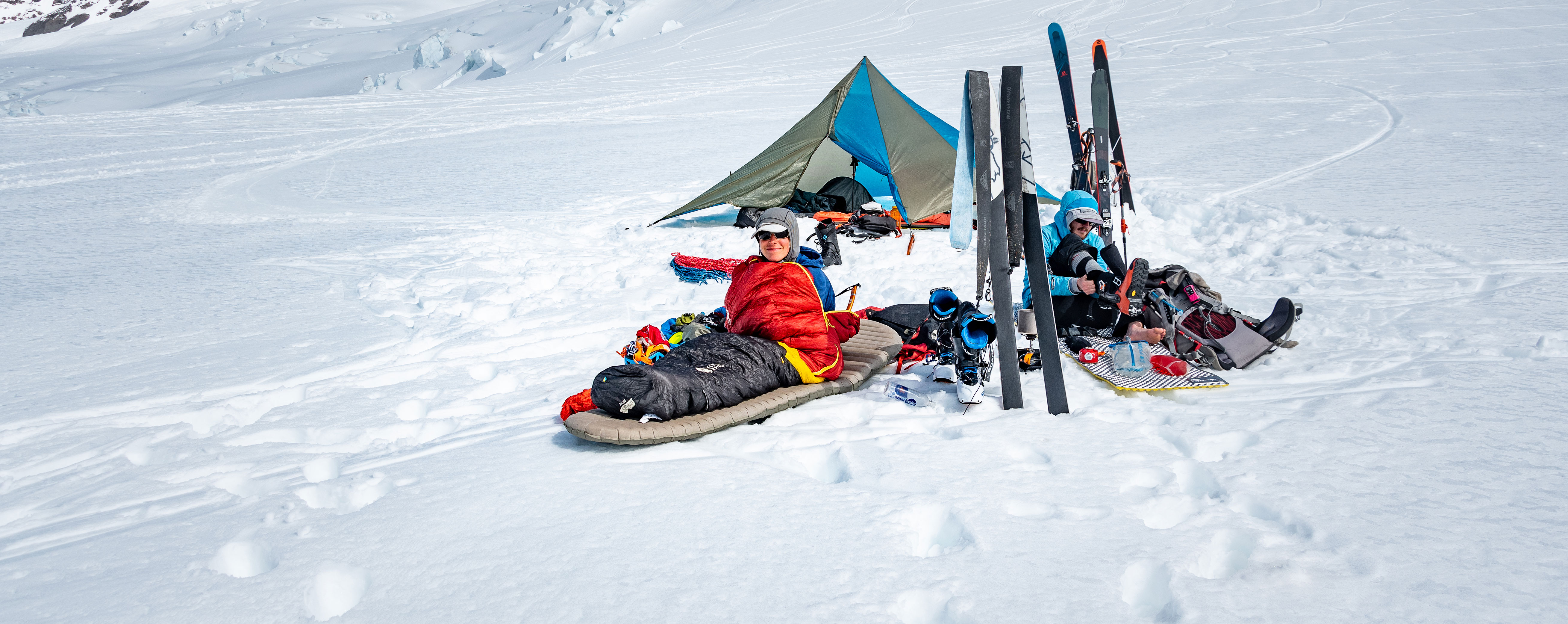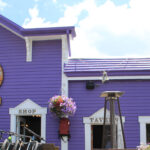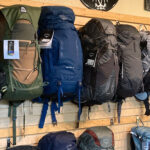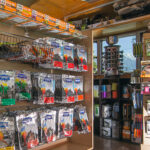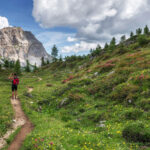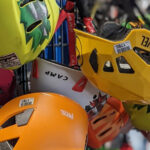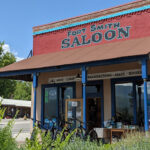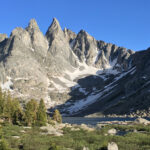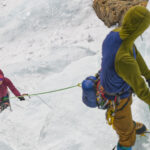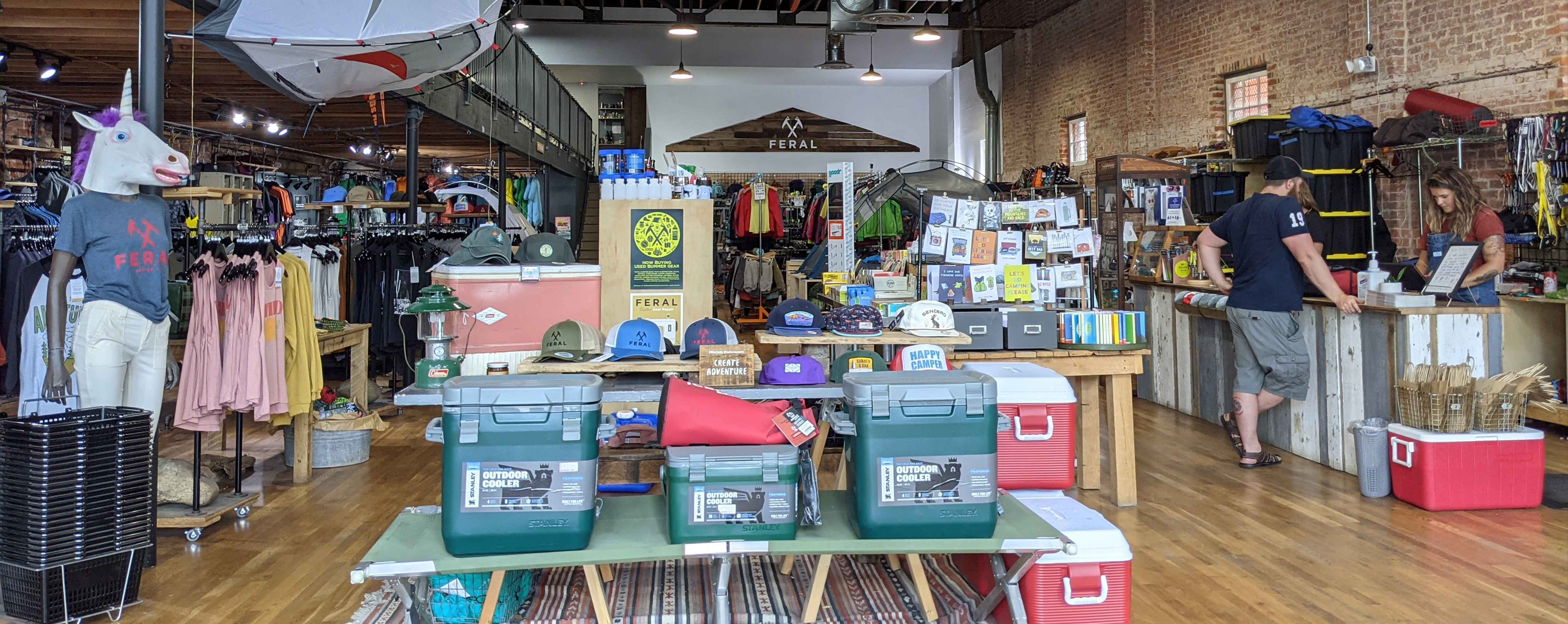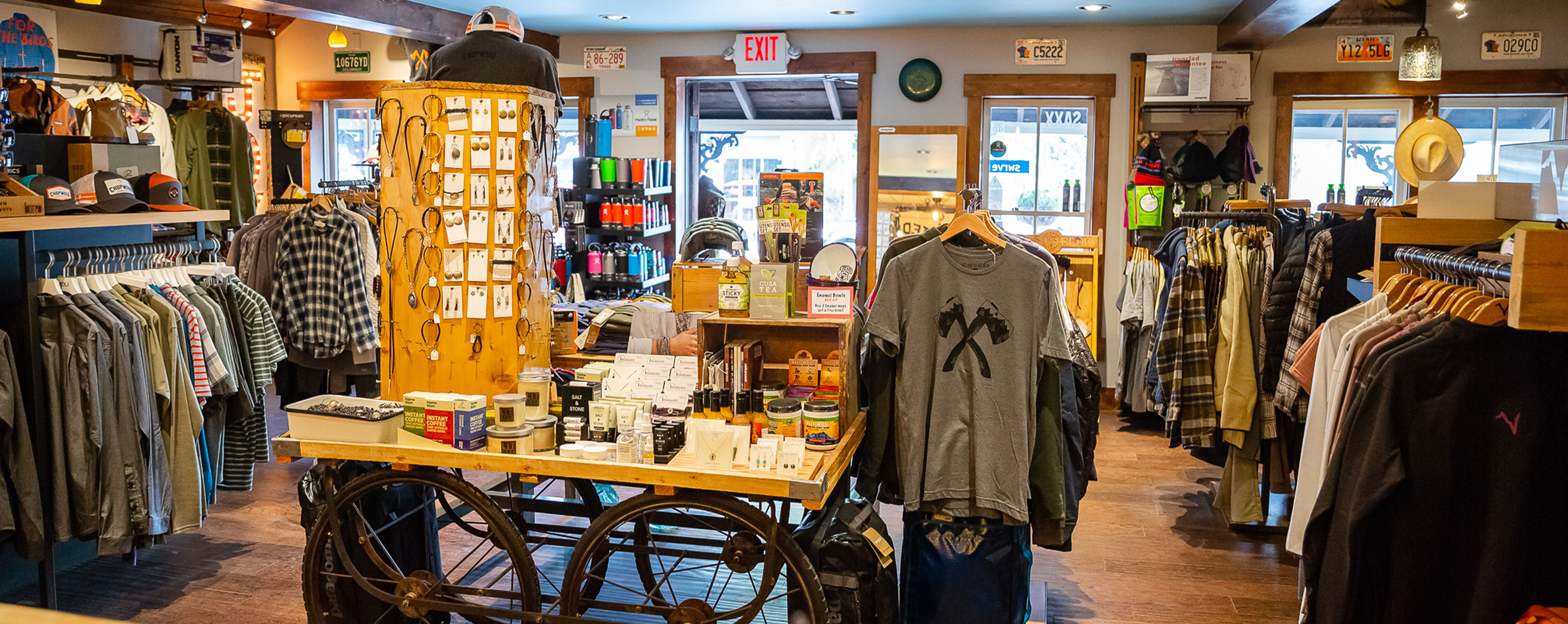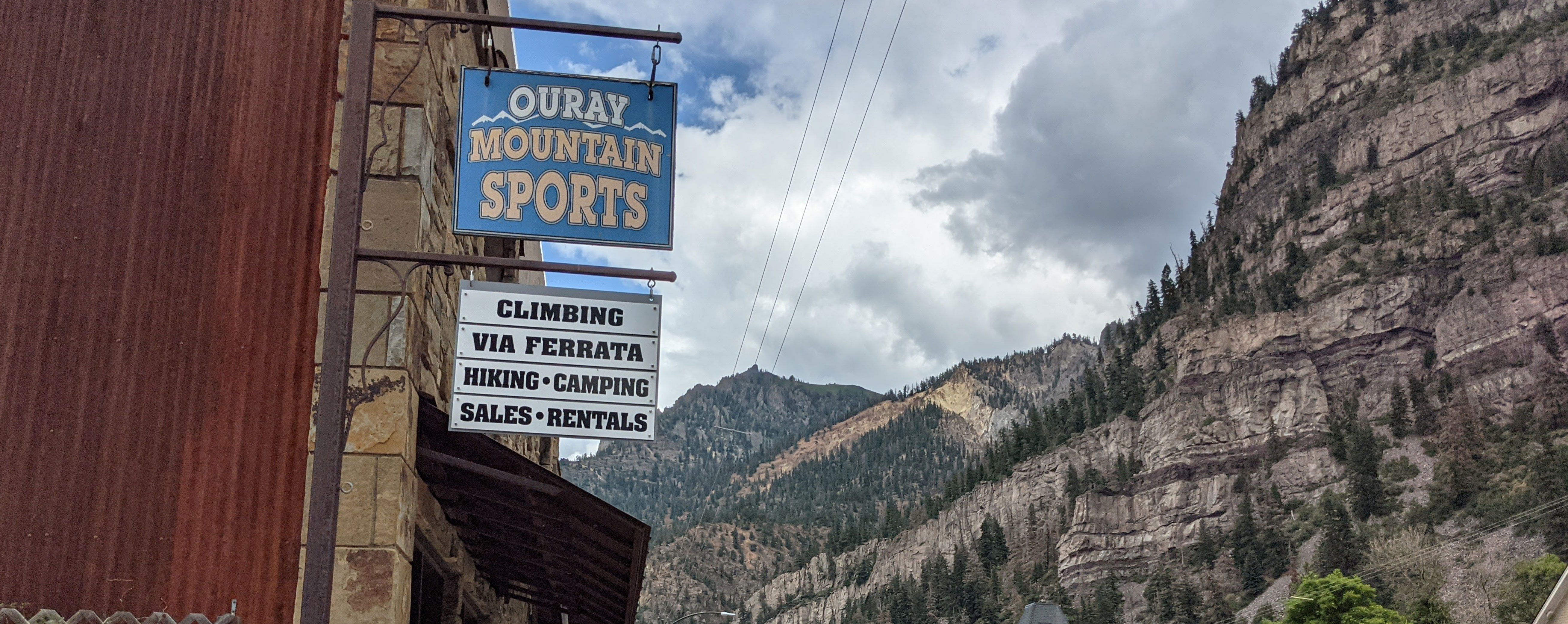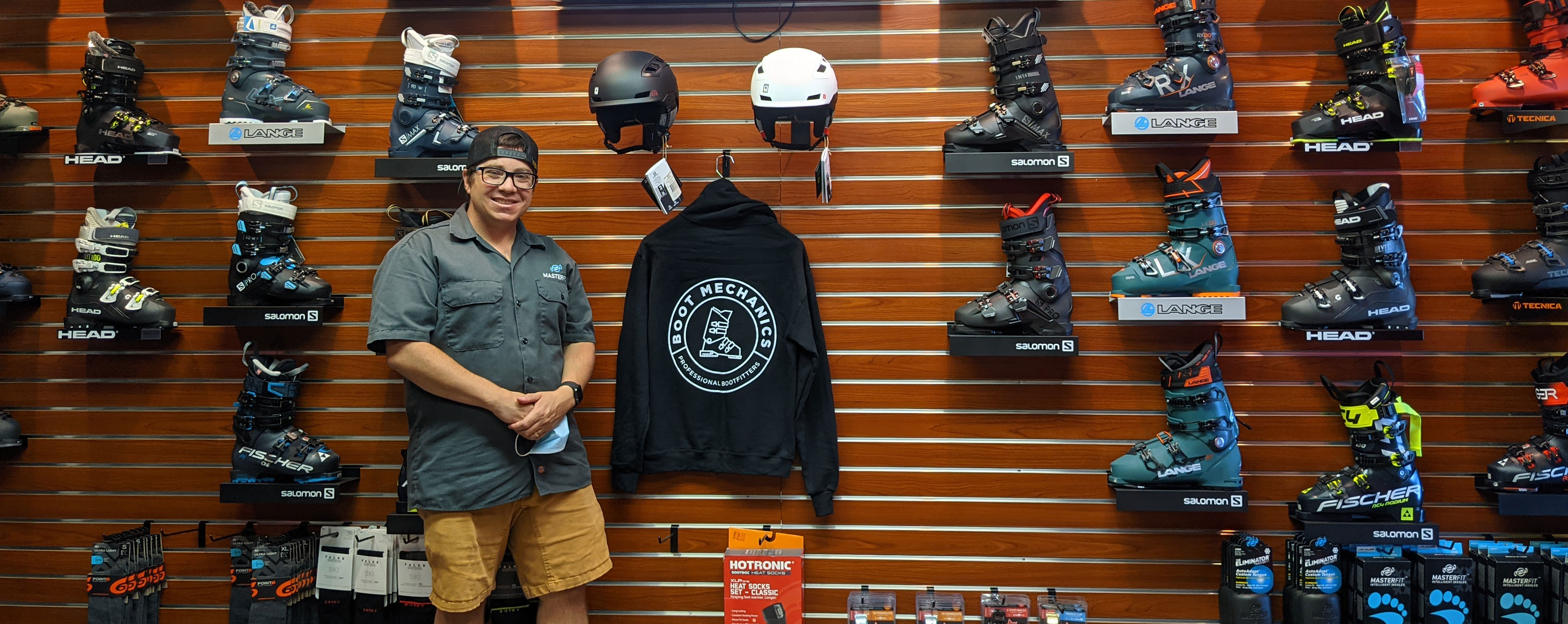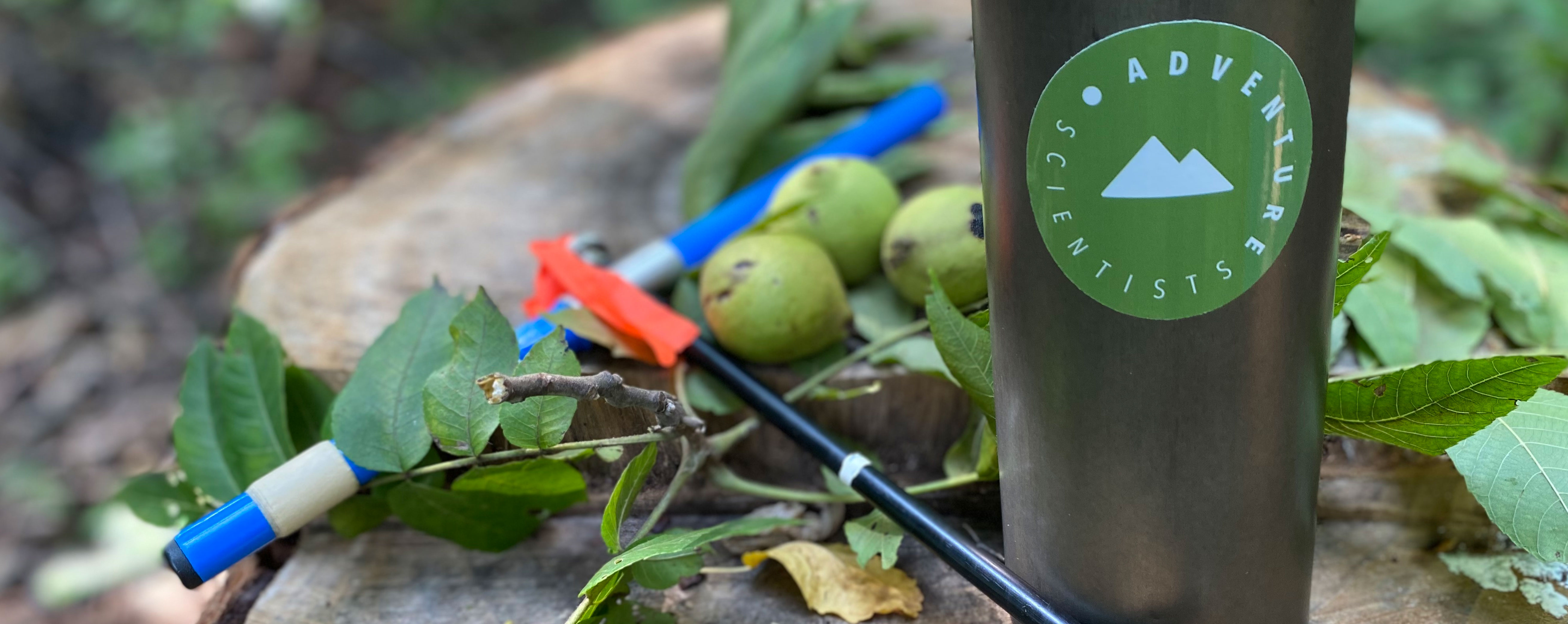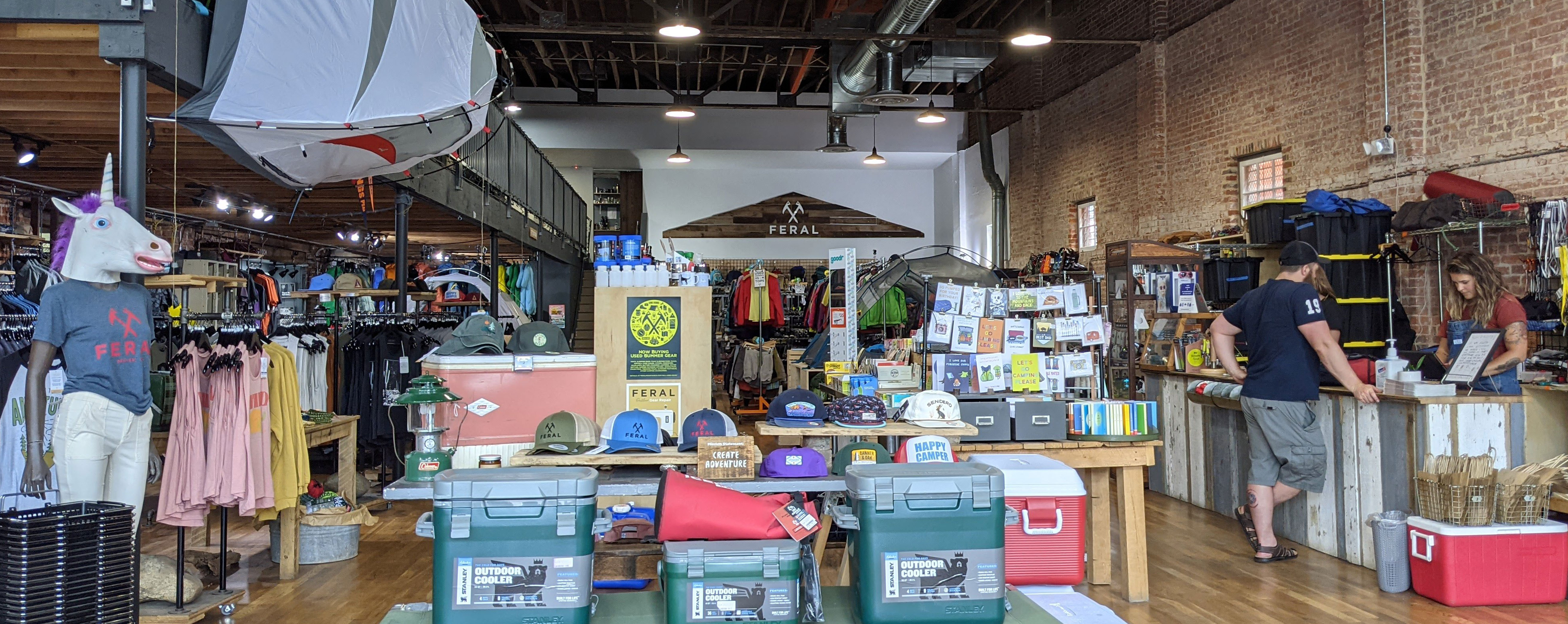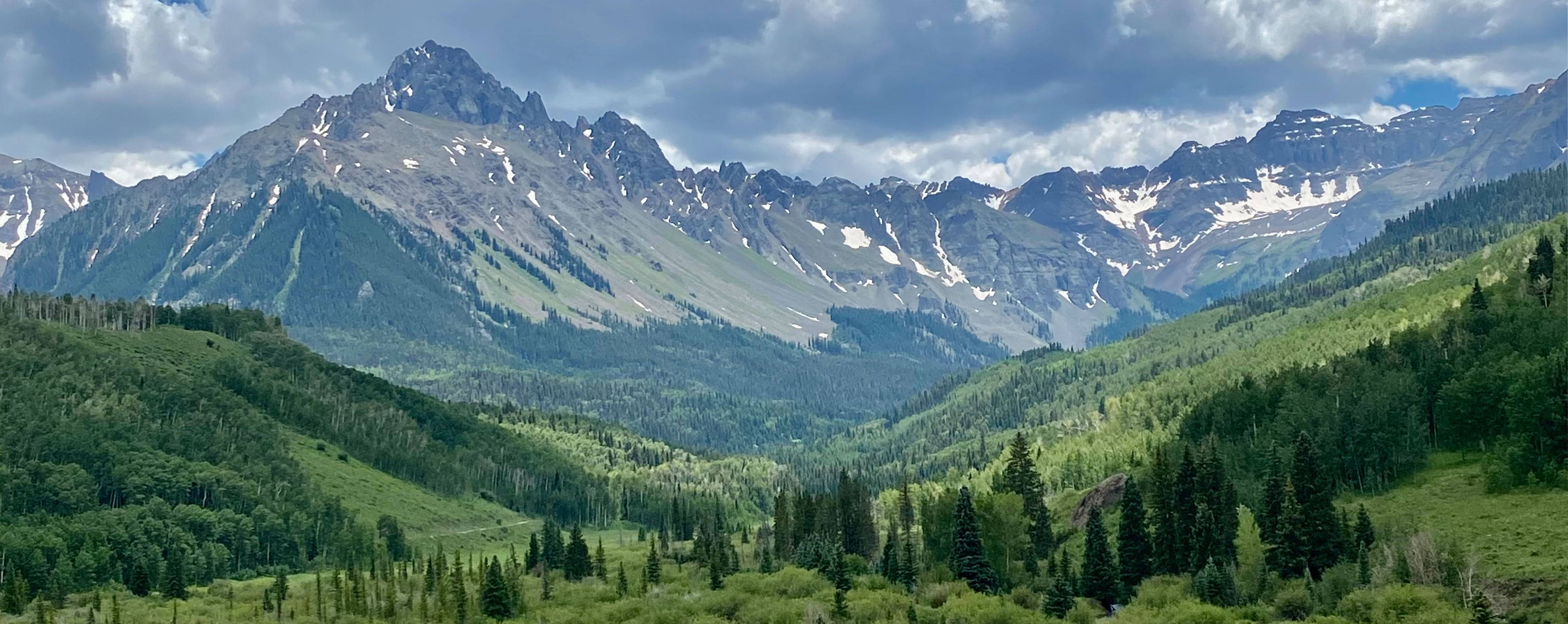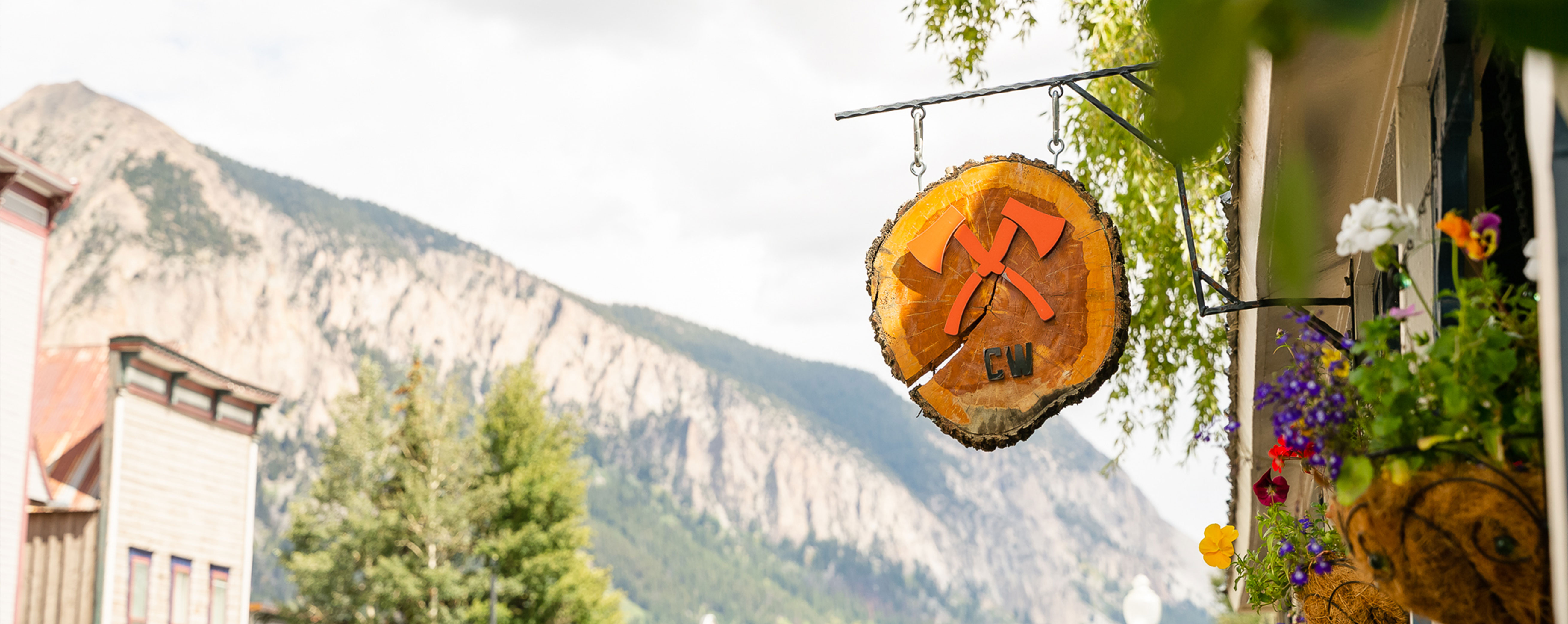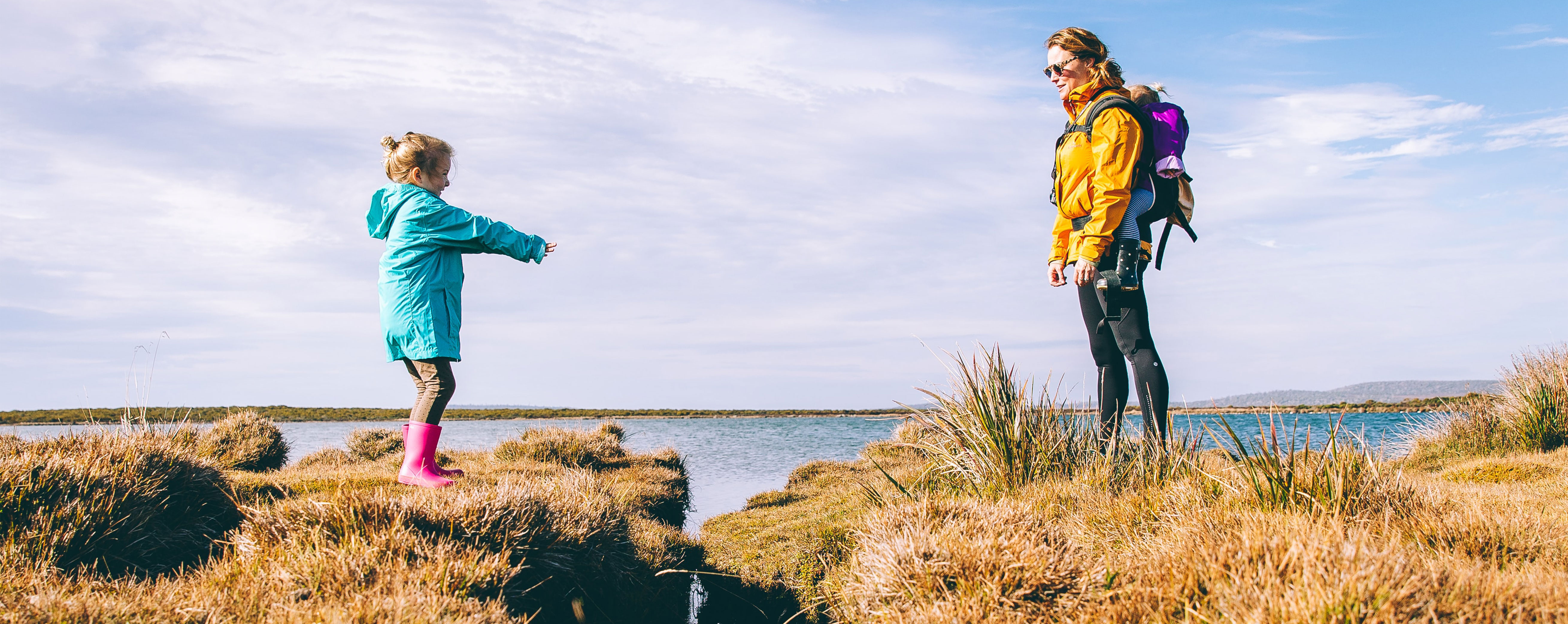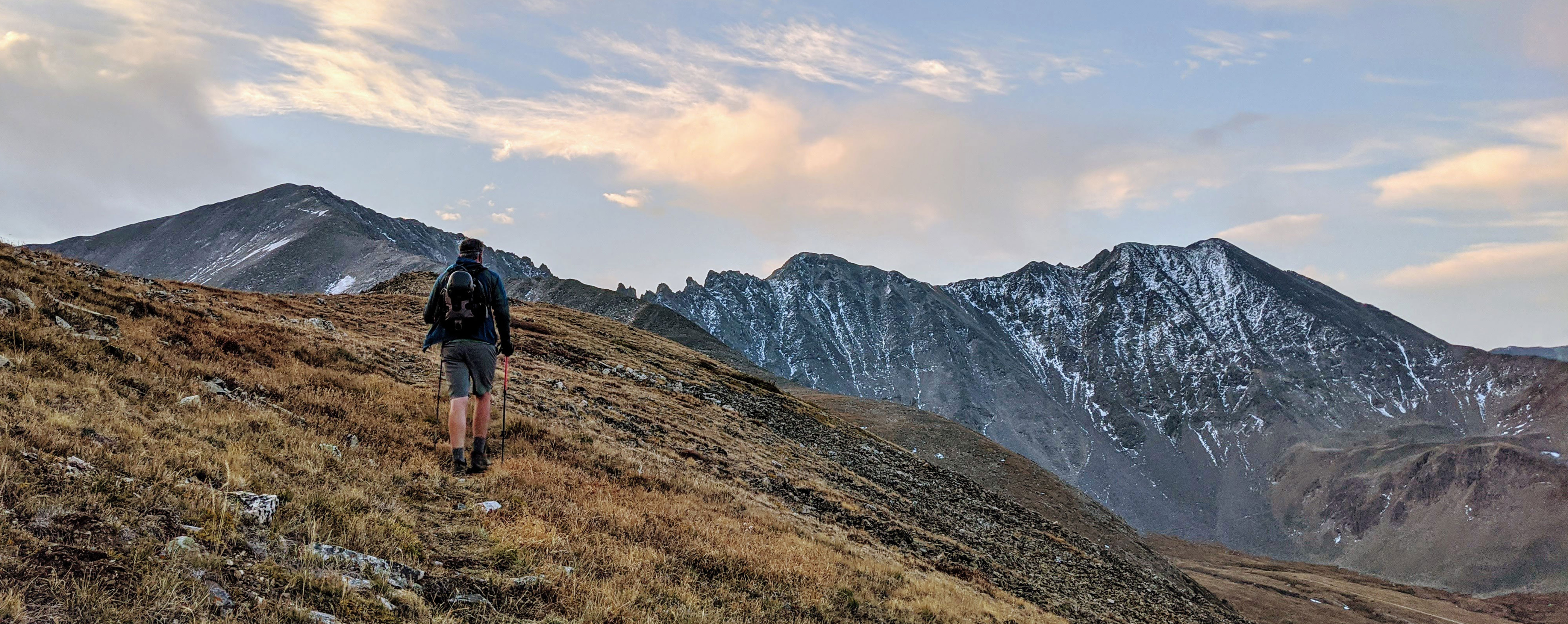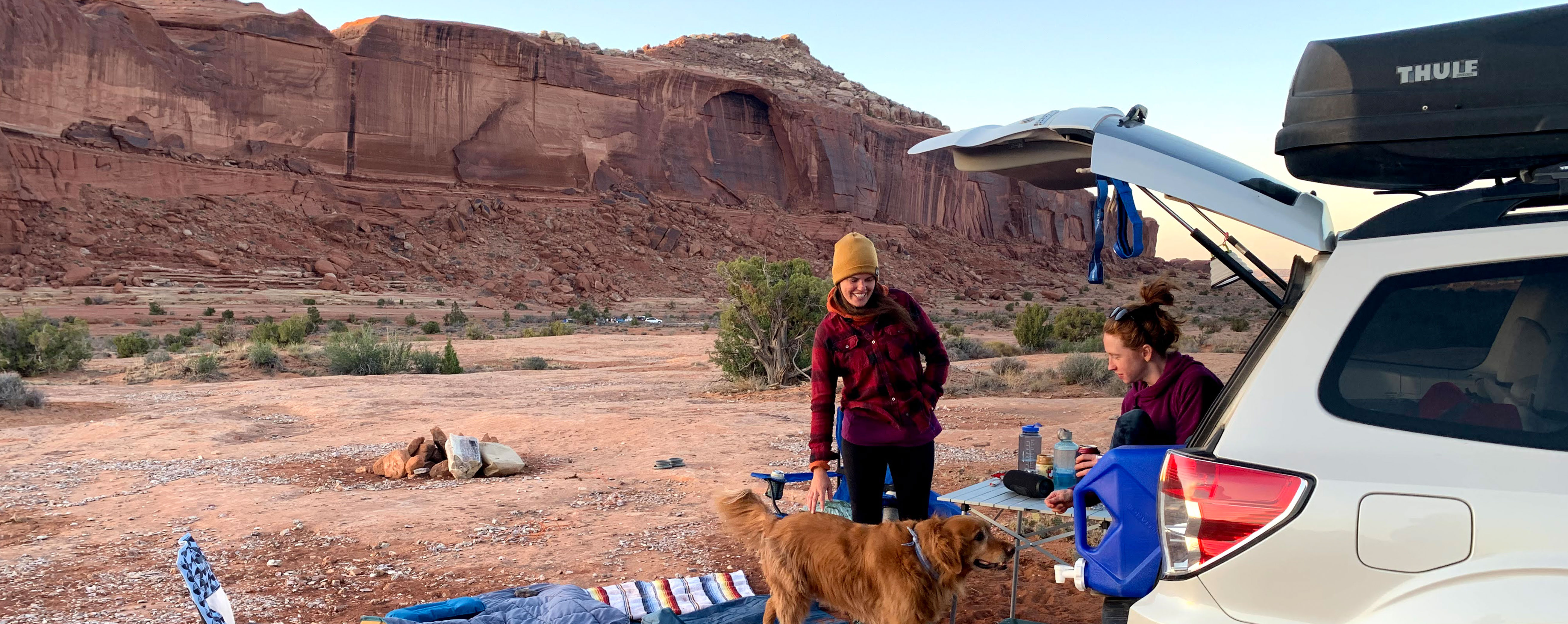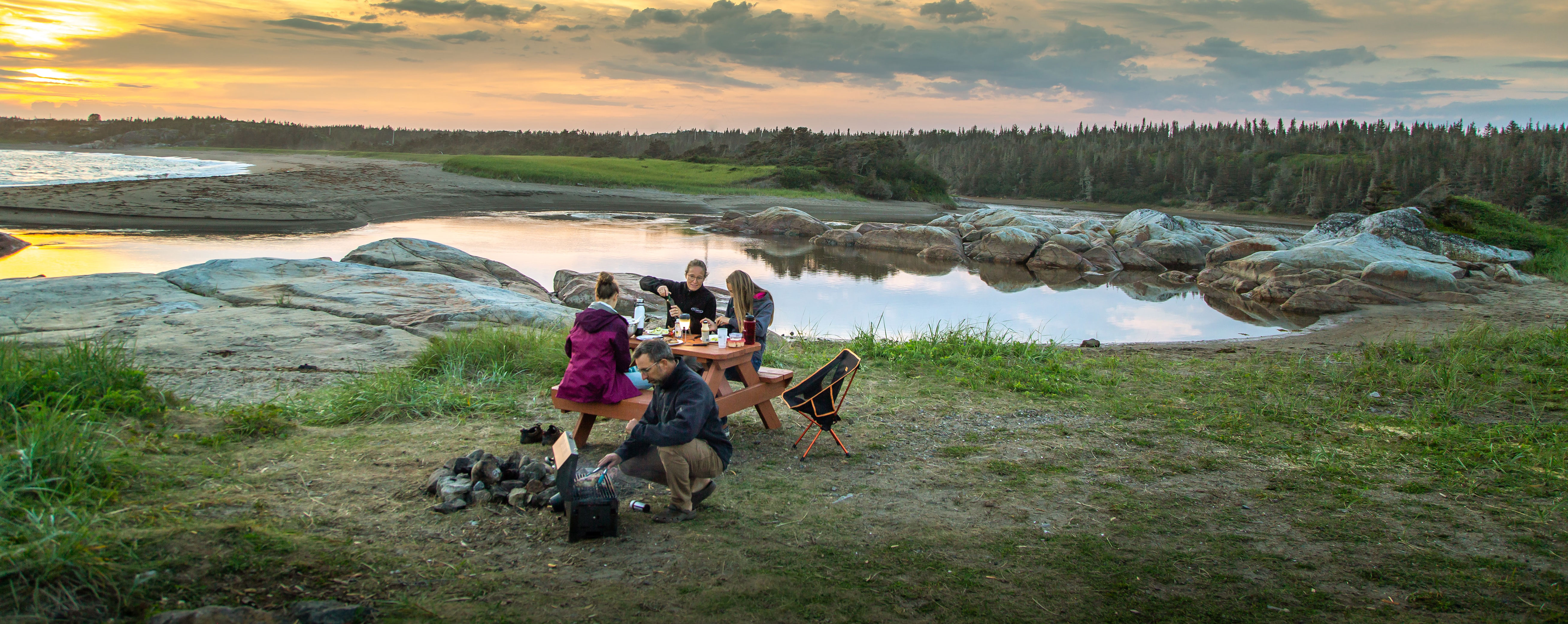Nonprofit Spotlight: dZi Foundation
During the month of May Outdoor Prolink is proud to have dZi Foundation as our featured nonprofit during checkout. Every year, Outdoor Prolink partners with nonprofits to give back to organizations we align with. To honor these amazing nonprofits, we’re spotlighting each one and sharing why you should care about their missions too.
While most outdoor enthusiasts think of Nepal as a destination for summiting mountains or kayaking pristine waters, the heart of Nepal beats in its remote villages, where organizations like the dZi Foundation are making transformative impacts. Beyond the stories of adventures and explorations lies a deeper story—one of resilient communities, rich cultural heritage, and people working together to create sustainable futures.
What’s the story behind dZi Foundation?
The name dZi (pronounced ‘zee’) comes from ancient Himalayan etched beads that bestow health and prosperity upon the wearer—a fitting symbol for an organization dedicated to cultivating prosperity in Nepal’s remote communities.
The dZi Foundation was founded in 1998 by longtime mountaineers Jim Nowak and Kim Reynolds. While leading a trek in Nepal, Jim and Kim encountered a safe house for girls that was failing financially. After returning to the US, they organized dZi’s first fundraising effort—an expedition to climb a new route on the Himalayan peak, Pumori.
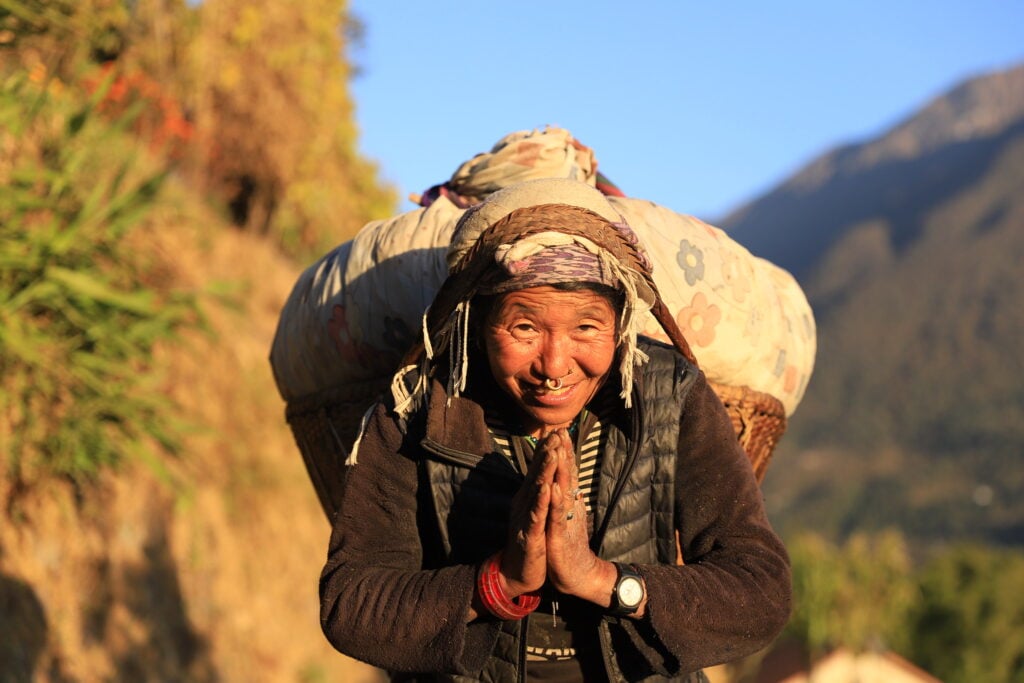
Twenty-five years later, dZi’s programs have evolved to support the holistic needs of rural partners, with their work continually led by the communities they serve. After implementing projects across the Himalayan region during its early years, dZi narrowed its focus to the Koshi Province in eastern Nepal in 2006, just as the country’s decade-long civil war was ending.
Villages in this high, hilly region were remarkably isolated—historically receiving minimal government presence and few development initiatives. Despite proximity to the wealthy Everest valley (Khumbu), the eastern hills largely lacked access to water, food, education, and essential infrastructure. The diverse communities of historically marginalized ethnic groups faced multidimensional poverty and limited market access, contributing to high poverty rates and significant out-migration.
For nearly two decades, dZi has embraced indigenous knowledge and formed strategic partnerships to tackle these challenges. They empower citizen participation, foster livelihood opportunities, and build economic, environmental, and human resilience. Their focus extends beyond addressing poverty in isolation—they aim to confront and transform its root causes, charting a sustainable path toward shared prosperity.
Today, dZi has served over 50,000 people across four partner rural municipalities in eastern Nepal.
What sets dZi Foundation apart?
Unlike traditional aid organizations that impose external solutions, dZi begins by creating a shared vision with entire communities through inclusive convenings that ensure marginalized groups and women actively participate in shaping their futures. Their distinctive approach combines infrastructure development with capacity building—constructing earthquake-safe schools and water systems while simultaneously training farmers in climate-resilient techniques and establishing community savings groups. This integration of physical infrastructure and social empowerment has yielded impressive results: in 2024, women held 67% of leadership positions in Farmers’ Groups, these groups generated $138,637 in new community savings, and 489 rural community members gained access to government services through dZi-organized mobile camps. By focusing on all dimensions of poverty simultaneously and building genuine partnerships at the neighborhood, government, and private sector levels, dZi creates sustainable change that communities can maintain independently for generations.
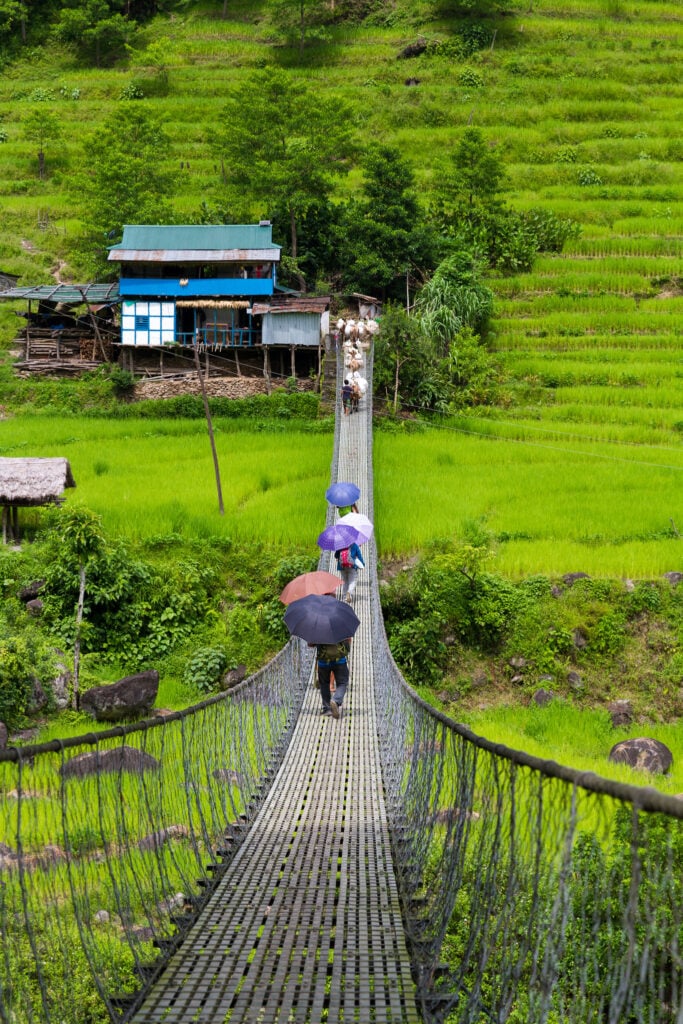
What are some upcoming initiatives dZi Foundation is working on?
Looking ahead, dZi is expanding its impact with an ambitious new initiative in the Koshi River Basin. The project addresses challenges faced by communities in this critical agricultural region, where climate change and socio-economic vulnerabilities threaten traditional livelihoods. This three-year project will work across four new districts—Udaypur, Sunsari, Saptari, and Sindhuli—representing both hilly and terai (plains) regions, to promote sustainable agriculture, enhance water resource management, and empower over 2,000 farmers, including women and those from marginalized communities.
The project will focus on introducing climate-resilient agricultural practices, providing training in sustainable techniques, distributing drought-resistant crop varieties, and empowering women and marginalized groups through capacity-building workshops and leadership training. By the end of the project, agricultural productivity is expected to increase by 20%, with a 45% rise in income for participating farmers.
How can the people of the outdoor industry support the work dZi Foundation is doing?
You can learn more about dZi and the vision of our Nepali partners by:
- Signing up for our email newsletters
- Joining the Saathi Circle as a monthly donor
- Following us on Instagram and Facebook
- Becoming a corporate partner
- Watching our short film: Partners in Prosperity
- Making a gift to support indigenous mountain communities on their journey to lasting prosperity!
If the dZi Foundation were a piece of outdoor gear, what would it be?
A multi-tool! A small, adaptable, and indispensable tool in the backcountry.
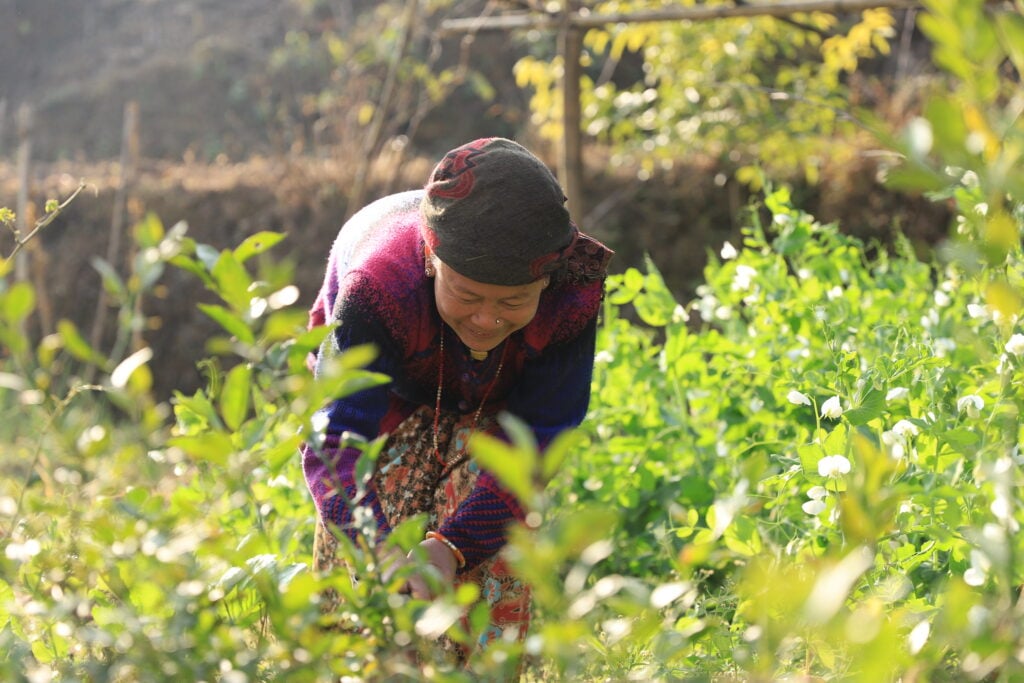
About the Gear Tester
Kelly Knauf leads the marketing team at Outdoor Prolink. She is a mountain lover, outdoor enthusiast, and professional snack packer. By day she answers emails and writes content, by night she's plotting her next camping trip or snowboarding adventure.
